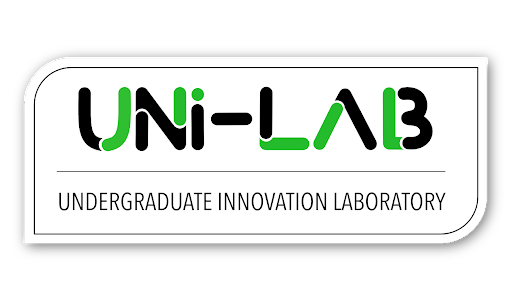Just over a month ago I was fortunate enough to be recruited onto a TDF project investigating how staff use technology in their teaching to connect their students to external ‘publics’ (essentially any person or group external to the University). In a whirlwind month we are now submerged into phase one; mapping how staff across the University may be tapping into these aspects and to use technology to capture snippets of their experiences.
Back in February, our first team meeting was a quick-fire brainstorming session to give us some leads, followed by a mass-email sending session. Surprisingly speedy replies in tow, we arranged meetings with the respondents; a lesson in how difficult it is to get academics in a room at the same time. Clashing calendars aside, we successfully managed to arrange a series of coffee meetings. We entered the meetings with vague ideas of how staff might be using technology to connect their students to people outside of the University, but we had no idea just how interesting, exciting, and inspiring each of the individuals would be. The project has allowed me to connect with academics across the University with backgrounds completely different to mine, and given me an insight to perspectives other than my own. The range and variety of experiences we have had recounted to us is extraordinary, who knew it was all happening under our noses here at the University of Bath?
Admittedly not everyone met the full criteria of using technology to connect students to external publics, but that’s not to say these people were in any way less useful, interesting, or informative. The reasons provided for neglecting certain aspects of the project were intriguing and fascinating. Going into the meetings we had expected the main barrier to be lack of time, and indeed this was the case for some. But the meetings took us down paths we had never even considered; the appropriateness of technology use and the ethics of connecting with certain publics, just to name a few.
Although it is still early days in the project, there are already some important themes emerging. The first concerns the appropriateness of using technology in teaching and engaging with people external to the University. Several individuals have spoken about not just using technology for the sake of it. Technology should be used to enhance the process, which requires analysing each individual situation, thinking about what you would like to achieve, and asking the question: is technology beneficial, or even necessary?
Another important theme is discipline-specific issues and barriers. Again linking in to the above point, certain fields may be reluctant to use technologies due to their implicit and longstanding value of face to face interaction. When working with vulnerable publics, it is of utmost importance to maintain close and personal interactions, and so you have to be cautious when attempting to integrate technology into this dynamic. Equally, one must consider the public with which they may be potentially engaging, and question if it is appropriate to connect their students to such external groups. Many of the conversations we have had highlighted the importance of considering the ethics and politics surrounding connecting your students to certain publics, and what potential consequences there may be.
As phase one is drawing to a close, I’ve taken some time to reflect on my experiences of the project so far, and I have to say it’s been incredibly rewarding. The people we’ve met have been passionate and inspiring, and the knowledge and ideas they have contributed have been invaluable. Phase one has been an absolute pleasure, and I look forward to the experiences yet to come.
Respond



